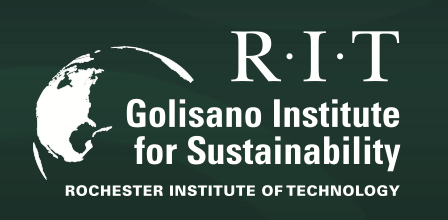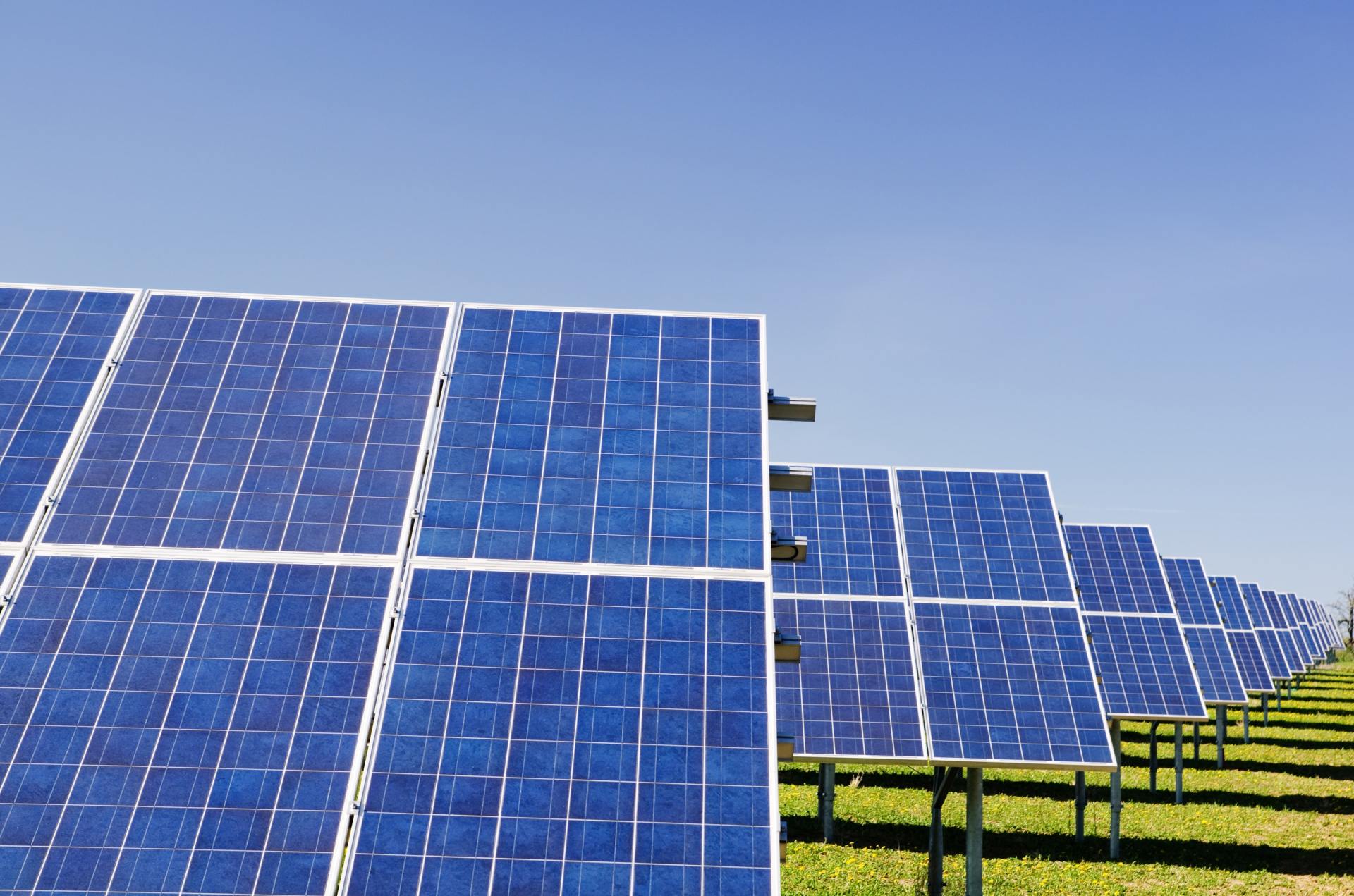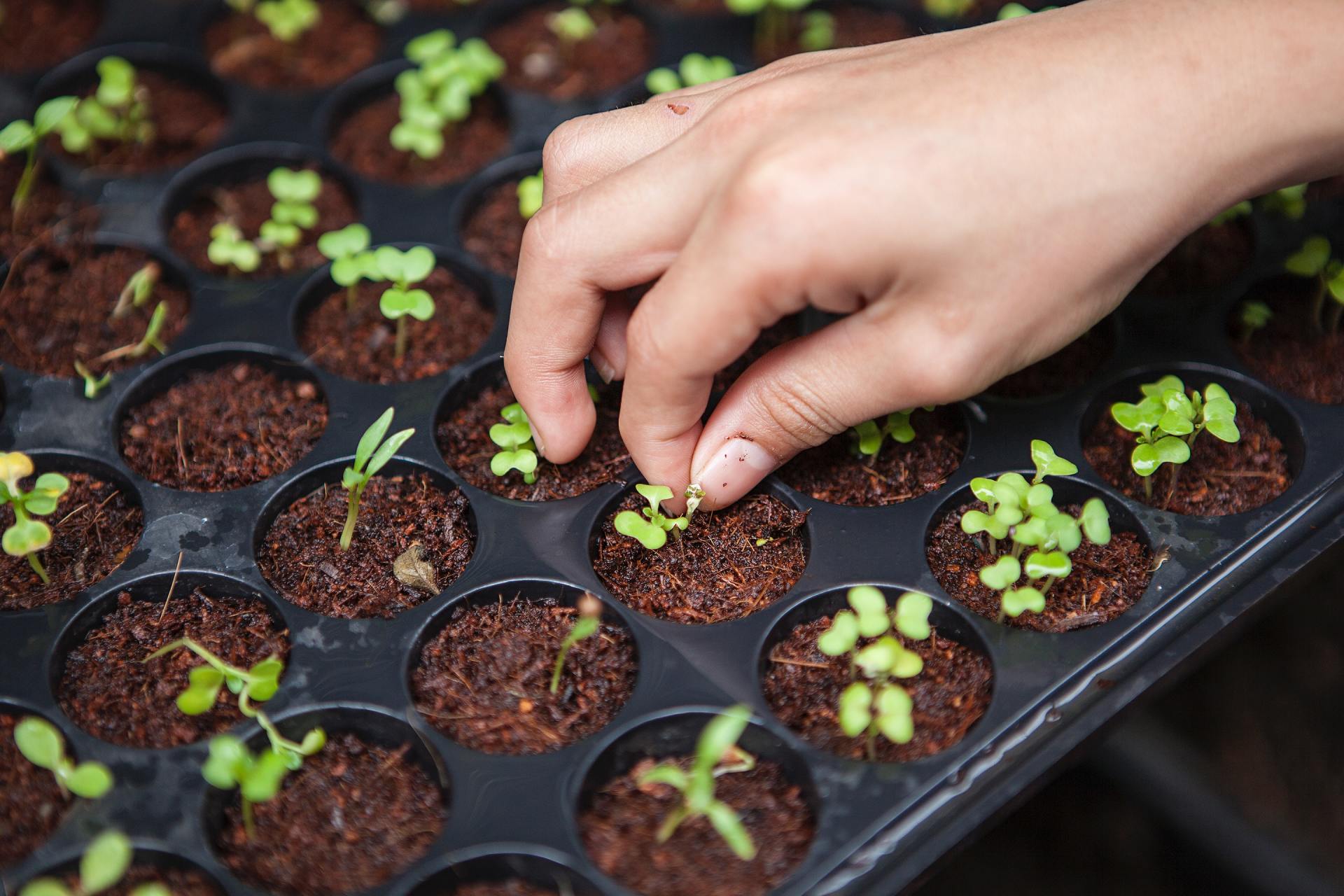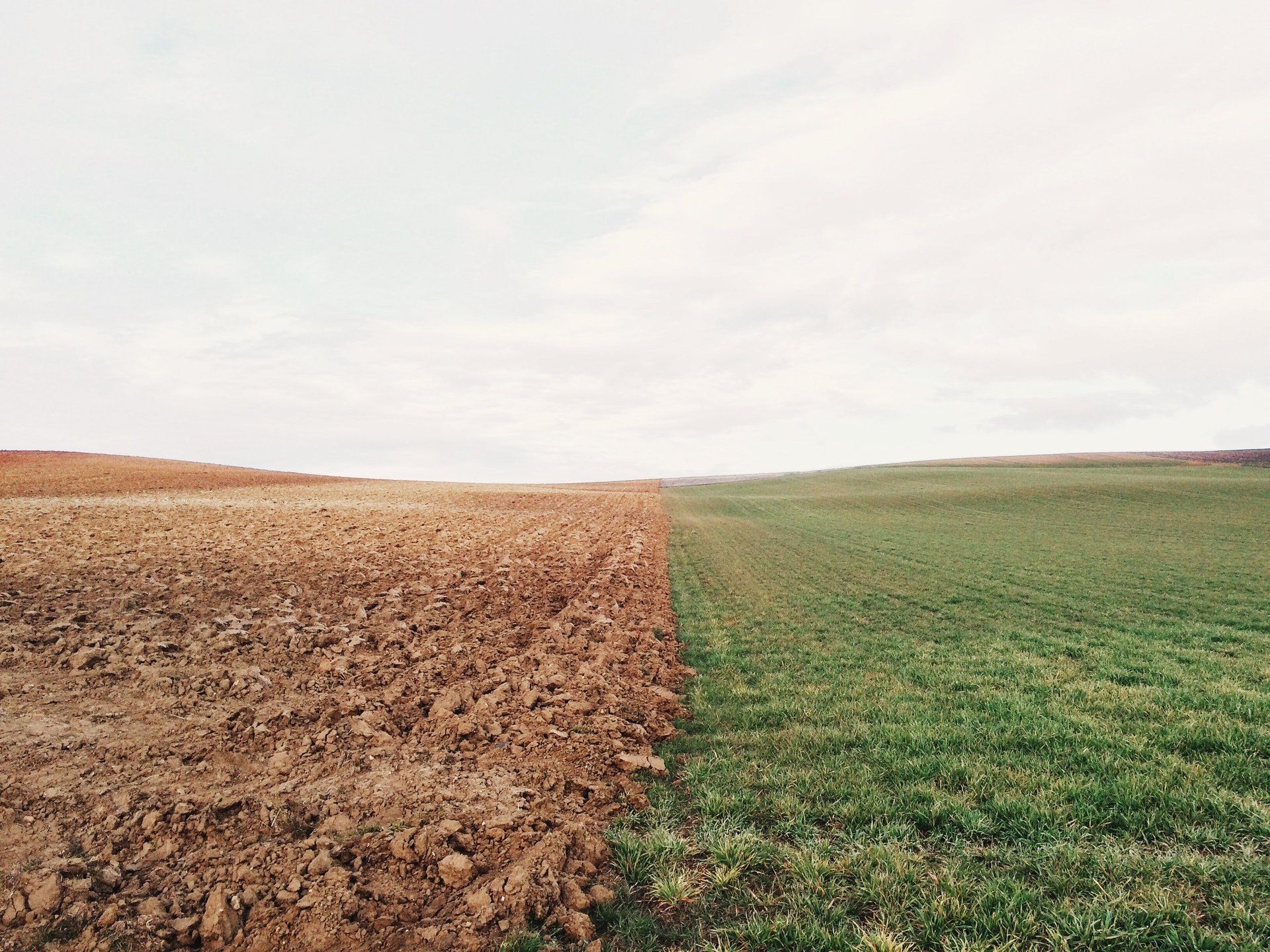Waste Management - Recycling Food Waste
Every day, millions of tons of food waste (from commercial kitchen and dining room scraps) are simply bagged up and dumped in the trash bins for destination to the landfill. This food will break down and begin to emit tons of methane and greenhouse gases into the atmosphere as it slowly decomposes. Composting is an excellent way to utilize food waste but the problem is time. It takes weeks or months to properly compost food waste and it takes space and labor to correctly process this waste. Hevron Group in association with Ecovim provides technology which dehydrates this food waste in hours. The reduction in volume can be as high as 90%, leaving only 10% of the original mass processed. The output product is a highly concentrated organic soil amendment which can be used asfertilizer, bio-fuel and animal feed. It will also generate water which can be reused to water plants.
Start living the life you deserve to live. Cleaner environment at the tip of your fingers.
The New Eco+ technology combines the experience of 17 years of organic waste management combined with size-able technology to transform great ideas into innovation that help us improve our positive impact to our world.
Primary Base for Natural Fertilizer
You can use the by product to fertilize plants and trees to offer a better growth rate. You can also use the water filtered to water the plants.
Primary Base for Animal Feed
Since the items processed in Ecovim machines are mostly food, it can be used to make animal feed.
Bio Fuel
It can be used as a Bio Fuel. Instead of using wood, you can compress the compost generated by Ecovim machines to make a burnable bio-fuel.
Why people believe in us

“Food waste dehydration provides a unique food waste management solution that should be
considered as a viable alternative to the established pathways of direct composting and anaerobic
digestion. In addition to providing a compact and simple to use on-site solution, it mitigates concerns
of storing raw food waste, which can be of concern, especially in urban or vermin-prone environments.
This also allows for the flexibility of less frequent pick-ups. Thus, producing a product from organic
waste that can be sold and utilized in a more beneficial way than pure landfilling is an outcome that
more institutions can strive for by utilizing food waste dehydration technologies..”
Golisano Institute for Sustainability, Rochester Institute of Technology, Rochester, NY 14623, USA;

“We can take all kinds of organic waste from dairy to meats, vegetables, fruits and up to 15
percent paper, and baked goods,” Maki said. “It works by loading it in a 12 hour cycle, so you
usually just load all the waste, press the start button, and in the morning you come back and it
dejects itself. It’s self cleaning and it’s pretty durable.”
Daniel Maki, of Integrated Veterans Services, LLC, Fort Lee USA.

“The savings in waste management alone will produce a full return on investment, and we can get into the business of selling compost to turn this into a revenue generator,” said Skip Sayre, head of sales and marketing for Laguna Development Corp.
Skip Sayre, USA

“Xavier University in Cincinnati, Ohio, has worked hard
to reduce the waste it sends to landfills, so much so
that it was recognized this year by the National Association
of College and University Food Services (NACUFS) Gold
Sustainability award in the Waste Management category.The first time I tried this company, I was hooked. Everything was so fabulous and easy. I’ll never go back to anyone else.”
Ed Devoid, senior director of Dining Services with Chartwells, the campus foodservice provider.
Waste Transformed into Biomass
Organic waste, including biodegradable materials from plants like green waste and animals like food waste, as well as landscape and pruning waste, can be converted into reusable biomass, which can also serve as compost or mulch.
Hevron-Enic Technology can assist your company in minimizing the methane emissions associated with organic anaerobic decomposition that typically happens when waste is disposed of in landfills. Methane is 20 times more potent than CO2 as a greenhouse gas, and we can help reduce this impact to zero whenever feasible.






